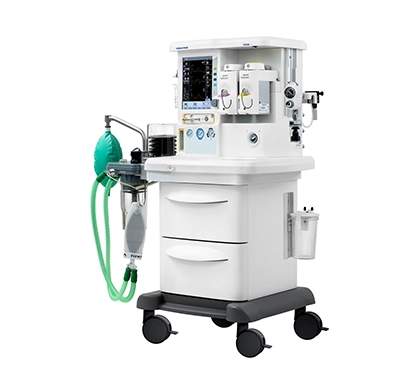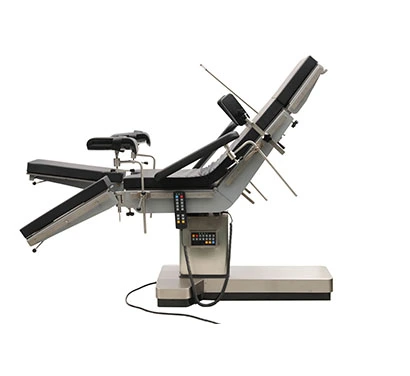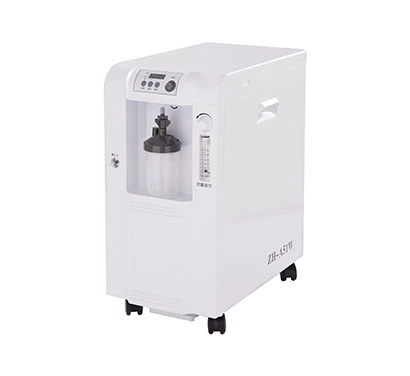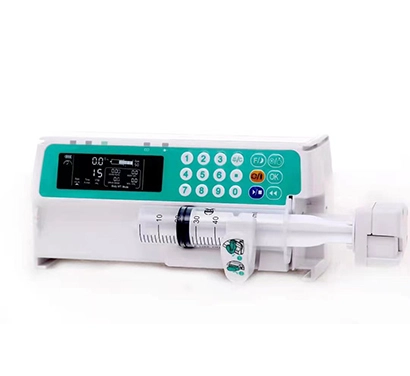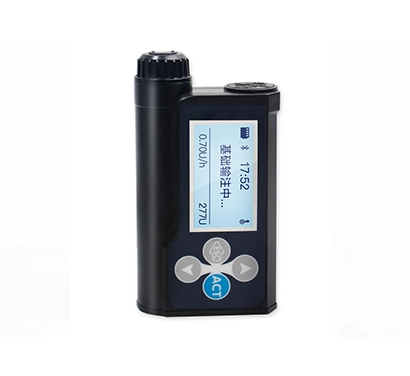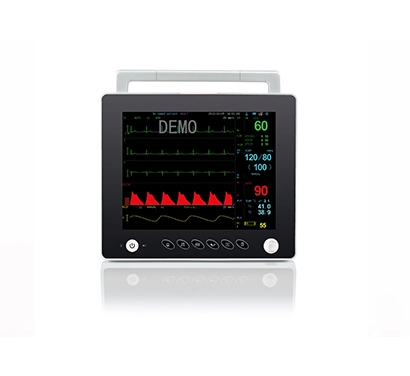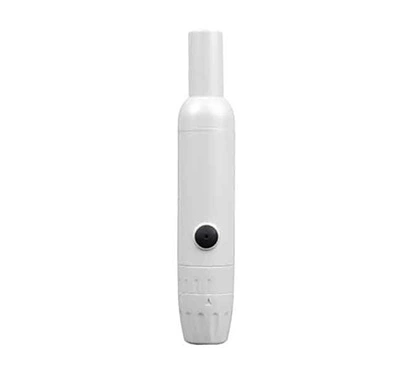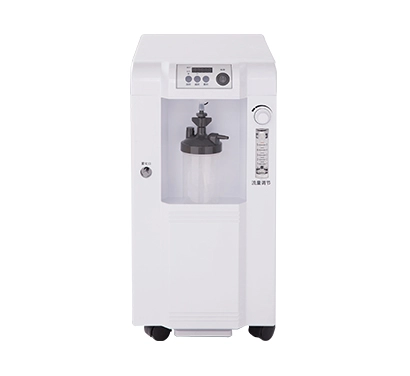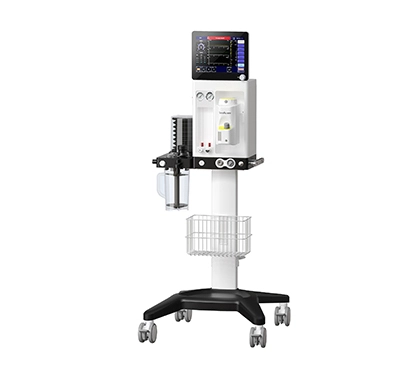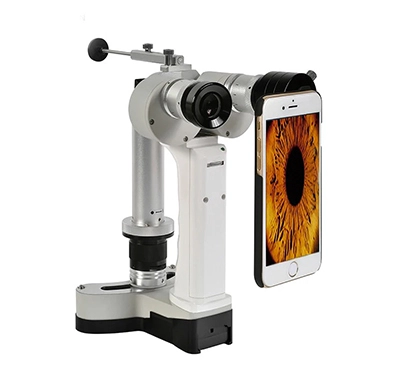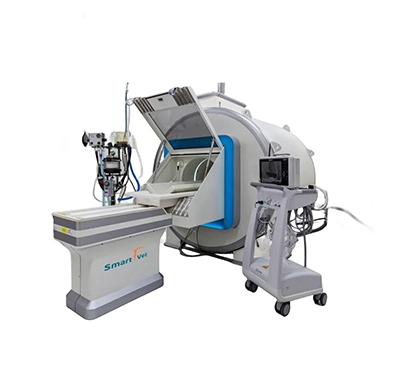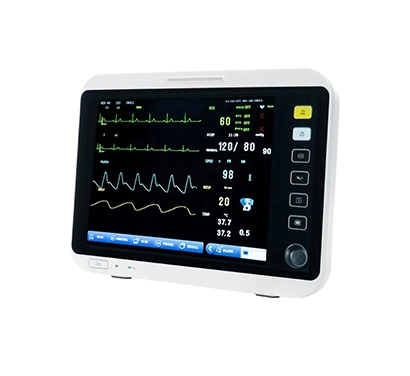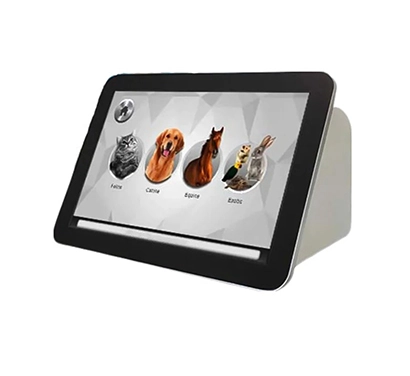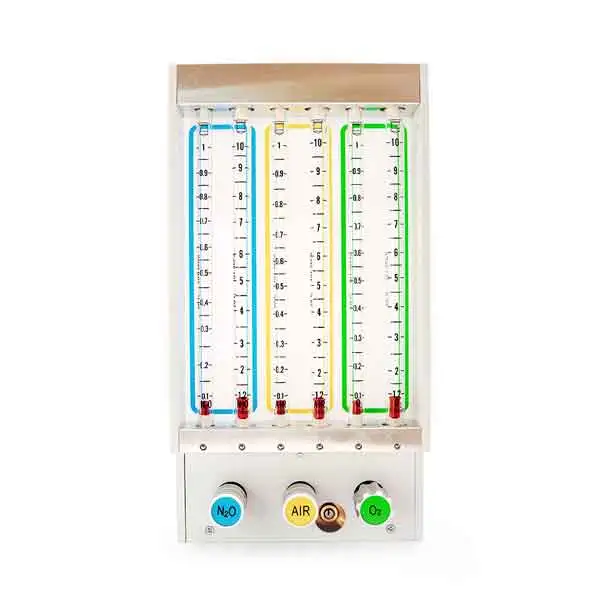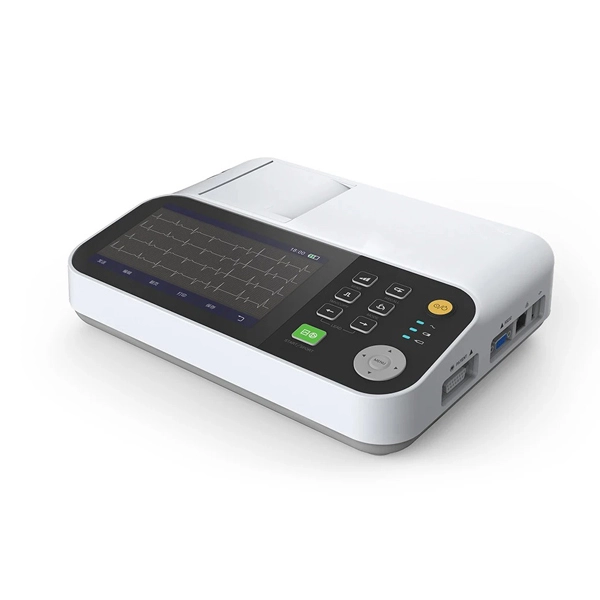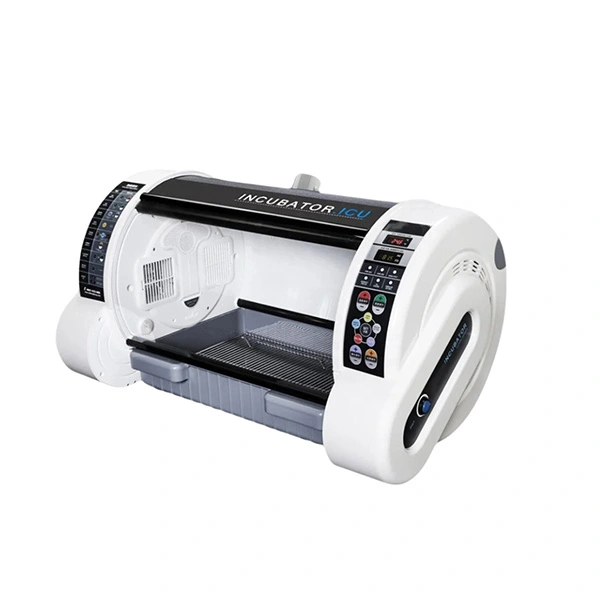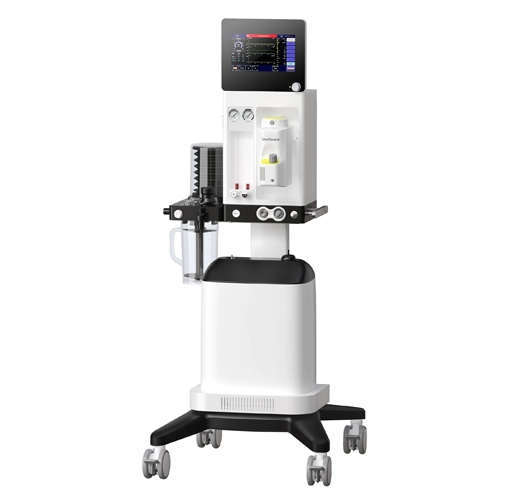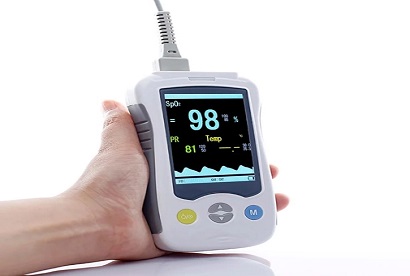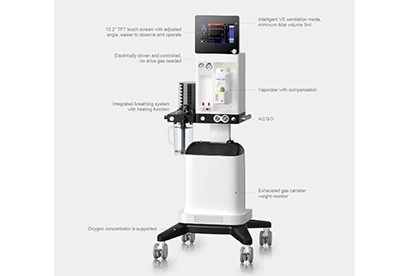When evaluating the landscape of veterinary care, particularly in the domain of pet hospitals, the role of anesthesia machines becomes increasingly prominent. The use of veterinary anesthesia machines in Chinese pet hospitals and their Western counterparts presents intriguing differences that merit a closer examination.
Chinese pet hospitals, under the purview of leading medical suppliers such as RHC Medical, are witnessing a surge in the adoption of advanced medical devices. These hospitals are integrating sophisticated anesthesia machines, like the V5 veterinary anesthesia machine, which is designed to cater to the unique respiratory and anesthetic needs of animals. This machine stands out for its efficiency, eliminating the need for driving gases and reducing operational costs for animal clinics. The V5 ensures that even the smallest and most delicate patients receive the highest standard of care, with a minimum tidal volume of just 5ml, supporting animals as light as 500g。
In Western veterinary hospitals, there is a long-standing tradition of using animal anesthesia machine that are subject to stringent regulatory frameworks. These machines are often tailored to the specific needs of the region and may include advanced features such as real-time monitoring and automatic ventilation control. The Western market also sees the presence of other key players like Siriusmed, known for its comprehensive range of medical devices。
However, the regulatory environment for veterinary anesthesia machines can differ significantly between China and Western countries. While both undergo rigorous evaluation, the standards and processes may vary. For instance, in the United States, the FDA regulates human medical devices, while the Center for Veterinary Medicine (CVM) regulates veterinary devices, leading to differences in approval timelines and requirements。
Cultural attitudes toward veterinary care also influence anesthetic approaches. In some Western countries, there may be a greater focus on cost-effective treatments, which can sometimes compromise the quality of anesthetic care. Conversely, the Chinese market, driven by suppliers like RHC Medical and Siriusmed, is increasingly prioritizing advanced medical solutions to meet the growing demand for quality pet care。
In summary, the veterinary anesthesia machine market is replete with diversity, reflecting the unique needs and regulatory environments of different regions. As the pet humanization trend gains momentum globally, there is a rising expectation for high-quality medical care for pets, regardless of geographical location. The future of veterinary anesthesia machines looks promising, with Chinese medical suppliers like RHC Medical leading the charge in innovation and quality。

 EN
EN
 fr
fr  es
es  ru
ru  ar
ar 
